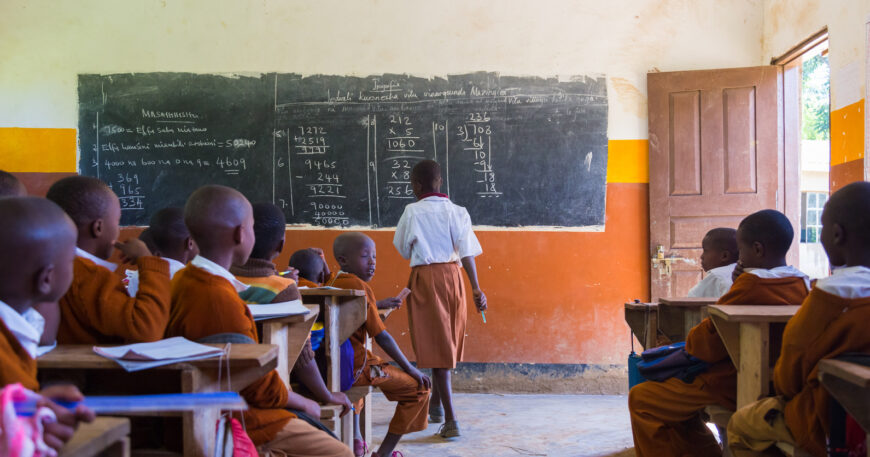By Joshua Chilenga
“The Intersection of FreeEducation and ClimateChange in Zambia”
Education is a fundamental right for every child, as enshrined in Article 28 of the United Nations Convention on the Rights of the Child (CRC). In Zambia, the government has made strides in ensuring that every child has access to free primary education. However, there is still much to be done to improve access toeducation for all children, particularly in rural areas.
In addition, there is need to address the impacts of climate change, which have far-reaching consequences for children’s rights,including their right to education. Article 4 of the CRC recognizes the need to protect children’s rights in situations of environmental crisis.
Zambia is particularly vulnerable to the effects of climate change,including droughts, floods, and extreme temperatures. These eventscan have a significant impact on children’s access to education,particularly in rural areas. For example, droughts can lead to waterscarcity, making it difficult for children to attend school orconcentrate on their studies. Floods can damage schoolinfrastructure and disrupt transportation, making it difficult forchildren to reach their schools.
To address the impacts of climate change on children’s education, it is essential to adopt a multi-sectorial approach that involvesdifferent stakeholders, including the government, civil society organizations, and communities. This approach should prioritizebuilding resilience among children and their families, particularlyin rural areas where the impacts of climate change are often feltmost acutely.
One strategy for building resilience is to improve access to cleanwater and sanitation, which can help mitigate the effects ofdroughts and floods. In addition, there is a need to invest inclimate-smart agriculture and other sustainable livelihoods, whichcan provide families with a reliable source of income and food, evenin the face of climate change.
Education can also play a vital role in building resilience andaddressing the impacts of climate change. By integrating climatechange education into the curriculum, children can learn about thecauses and effects of climate change, as well as strategies formitigating its impact. Education can also provide children with theskills and knowledge they need to adapt to changing environmentalconditions.
While Zambia has made significant strides in ensuring access to freeprimary education, there is still much to be done to improve accessto education for all children, particularly in rural areas. In addition,addressing the impacts of climate change on children’s education isessential to protect their rights, enshrined in Article 4 of the CRC. Amulti-sectorial approach that prioritizes building resilience amongchildren and their families, as well as integrating climate changeeducation into the curriculum, can help ensure that every child inZambia has access to quality education, regardless of theirenvironmental circumstances.












